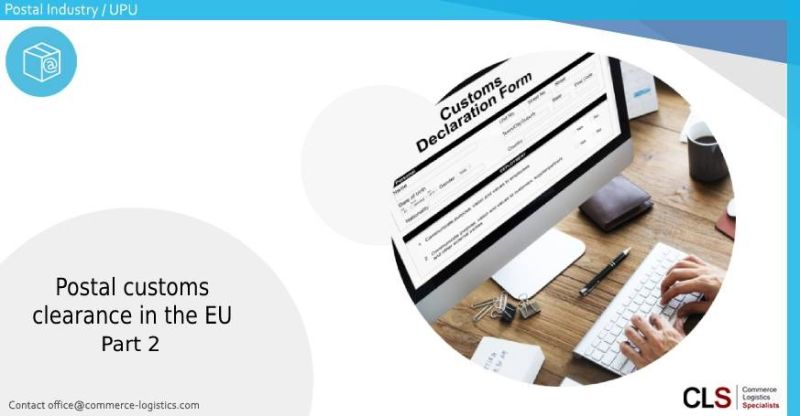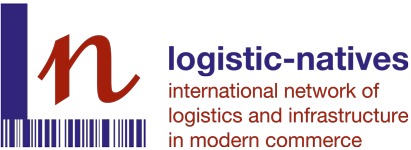Explained simply by CLS: Postal customs clearance in the EU (Part 2)

Fully digital, simplified customs clearance for postal items below EUR 150
On 1 July.7. 2021, the EU #VAT Ecommerce Package came into force, changing the EU #customs world dramatically: #import duties now apply for all consignments below an intrinsic #value of EUR 150 (‘Low Value Consignments’ – #LVC), with #customs applying for consignments valued above EUR 150.
At the same time, the designated #postal operators (#DO) lost their customs #privileges. They are now treated the same as express and other #stakeholders.
While nothing changed for the #customsclearance of consignments above EUR 150, below that value everything has changed: simplified customs clearance based on electronic advance data (#EAD) was introduced. And VAT could now be paid at the time of #purchase in a third, non-EU country (via the #Import One-Stop-Shop).
𝗪𝗵𝗮𝘁 𝗵𝗮𝗽𝗽𝗲𝗻𝗲𝗱 𝘁𝗼 𝘁𝗵𝗲 𝘀𝗽𝗲𝗰𝗶𝗮𝗹 𝗿𝗶𝗴𝗵𝘁𝘀 𝗼𝗳 𝗗𝗢𝘀?
Simplified, #digital customs clearance for LVC became #mandatory for both DO and all other stakeholders. Paper-based #customs clearance in the postal #sector is now #history – all #DOs must submit the #EU version of #EAD to customs.
Some special rights remain – only DOs are allowed to provide simplified customs clearance for #consignments valued between EUR 150 – EUR 1000, and the „prima facie presumption“ still applies, with DOs allowed to represent consignees without a power of attorney. Naturally, DOs may continue to use the #global #data formats standardized by the UPU & the World Customs Organisation (#WCO), but these are fully compatible with the EU customs data model. Special postal #transit and #transshipment only applies to DOs.
𝗧𝗵𝗲 𝗿𝗲𝗮𝗰𝘁𝗶𝗼𝗻 𝗼𝗳 𝗗𝗢𝘀 𝘁𝗼 𝘁𝗵𝗶𝘀 𝗰𝗵𝗮𝗻𝗴𝗲? 𝗗𝗗𝗨 𝗯𝗲𝗰𝗮𝗺𝗲 𝗺𝘂𝗰𝗵 𝗺𝗼𝗿𝗲 𝗲𝘅𝗽𝗲𝗻𝘀𝗶𝘃𝗲 𝗮𝗻𝗱 𝗹𝗲𝘀𝘀 𝗰𝗼𝗺𝗽𝗲𝘁𝗶𝘁𝗶𝘃𝗲.
The classic postal #model obliges the DO in the #destination country to manage customs #clearance. This corresponds to the #DDU model (Delivered Duty Unpaid), where the buyer is responsible for all customs procedures and must pay custom #duties, #taxes and other #fees. In the postal world, the DO may act as the buyer’s #agent and does NOT need an #individual #power of attorney.
As a rule, the customs fees (VAT in the case of LVCs) are collected from the recipient, and the DO may #charge a fee for this #service, which is charged to the #recipient on a non-discriminatory basis.
(𝘛𝘰 𝘣𝘦 𝘤𝘰𝘯𝘵𝘪𝘯𝘶𝘦𝘥)
Join in the discussion?
Click here for the LinkedIn-Article.

Walter Trezek
Document Exchange Network GmbH

